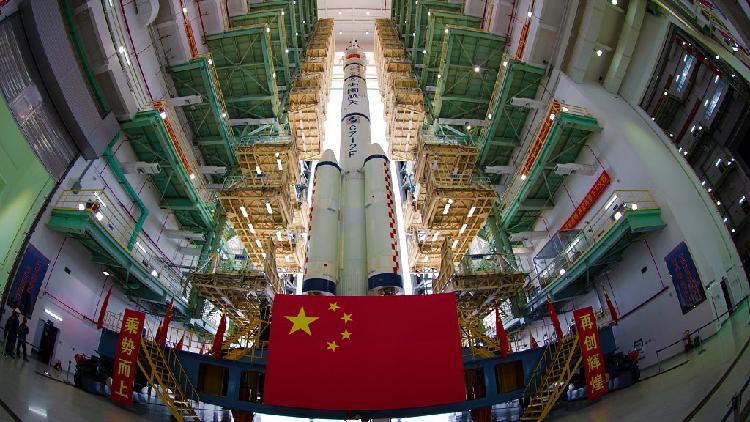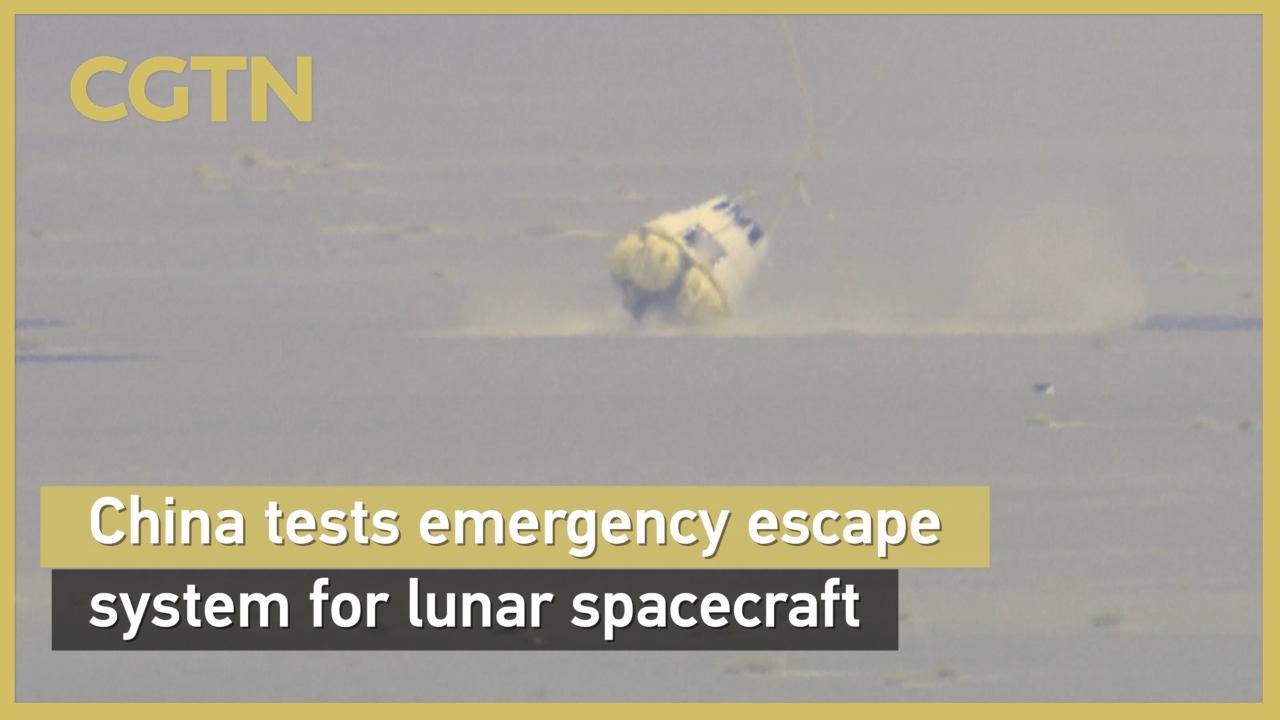Green Tech's Rise and the Lithium Challenge

The rise of green technology, particularly electric vehicles (EVs), is often hailed as a crucial step toward combating climate change. Renewable energy systems and electrification of transportation are vital for reducing greenhouse gas emissions, but they come with unintended environmental consequences of their own. A prime example is lithium extraction, which is essential for producing batteries for EVs. As global demand for lithium skyrockets—projected to reach over 900,000 tonnes by 2040 according to the International Energy Agency—the ecological toll of sourcing this critical material is raising alarms. In places like the Atacama salt flats in Chile, once-thriving ecosystems are suffering as water is siphoned from the ground, leaving local communities and wildlife to face dire consequences.
Lithium extraction typically involves pumping brine from beneath salt flats to evaporation pools. While this method facilitates the acquisition of lithium, it also depletes vast amounts of water in regions already strained by climate change. For instance, vegetation has diminished, with reports indicating that one-third of native carob trees in certain mining areas have died off since the extraction began. Moreover, local wildlife, especially the delicate balance of aquatic species that support bird populations, suffers as the environment transforms. Communities like those in Peine have witnessed their drinking water systems falter and their agricultural practices disrupted, fostering a growing sentiment that their needs are secondary to the economic benefits touted by mining companies. As evident in the situation of the Peine community, as they grapple with reliance on this industry, the question arises: how can we balance ecological sustainability with the pressing demand for green technologies?
Read These Next

Shenzhou-19 and Long March-2F Boost Transport Capacity and Reliability
Shenzhou-19 enhances China's manned spacecraft series, boosting transport capacity and ensuring astronaut safety and efficiency.

Quick Q&A on Liver Cancer Insights for Better Health
Dr. Michael Millis discusses liver cancer prevention and detox diet myths during National Cancer Prevention Week.

China's Crewed Moon Spaceship Successfully Completes Abort Test
China's Mengzhou spacecraft completed a crucial abort test, proving its emergency escape system for astronaut safety.
